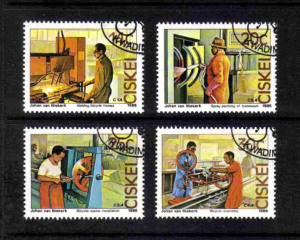
Cape Town offers awe-inspiring mountains, diverse natural wonders, and stunning ocean vistas—a cyclist’s dream journey for sports and leisure since colonial times. At the same time, Cape Town’s cycling history is marred by apartheid’s legacy of segregation and economic disparity. Initially a key mode of transport, bicycles fell out of favor as apartheid policies promoted car ownership among affluent whites. The Cape Town Cycle Tour, launched in 1977, spotlighted the city’s need for better bike paths. Since the 1980s, policies like the Bicycle Masterplan and advocacy from groups like the Pedal Power Association have sought to revive Cape Town’s cycling culture.
Despite these efforts, challenges remain. Infrastructure is inconsistent, and safety concerns persist, contributing to low cycling rates and high cyclist fatalities. Recent strides, including appointing a Bicycle Mayor and establishing the Active Mobility Forum, aim to tackle these issues. Despite boasting over 500km of cycle tracks, cycling rates remain surprisingly low, a testament to the city’s ongoing struggle with policy implementation and cultural acceptance.

by South Africa’s apartheid regime, portray the heroic stages of bicycle
production by male workers and Ciskei’s self-sufficient industrial economy of
progress and development. The reality was starkly different. These homelands
were free-economic zones stripped of citizen and labor rights, serving as tools
of segregation and control, with predominantly women working in sweatshop
conditions.
In the Cape Town chapter of the Cycling Cities: The African Experience, Phano Liphoto, Siddique Motala, and Marianne Verschuren take a long look at the segregated history of the Mother City with an eye towards a burgeoning urban reform movement in the hope that Cape Town may once again allow for the tag of a cycling city.